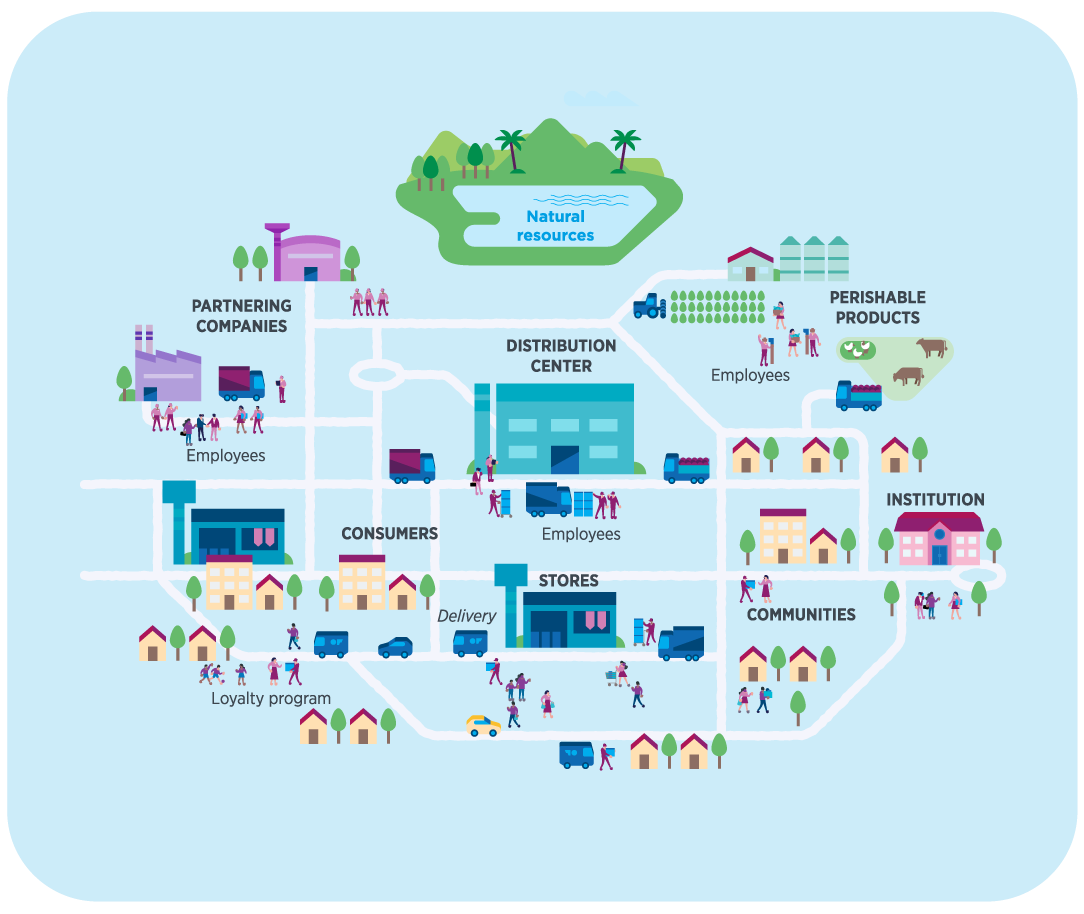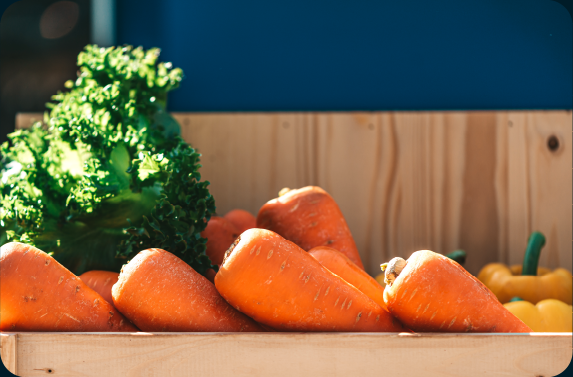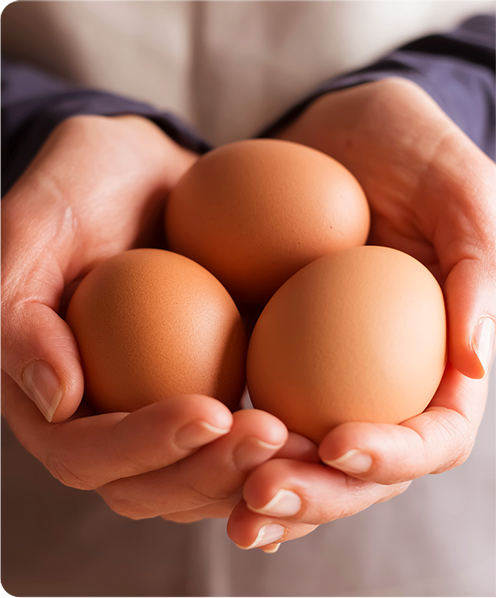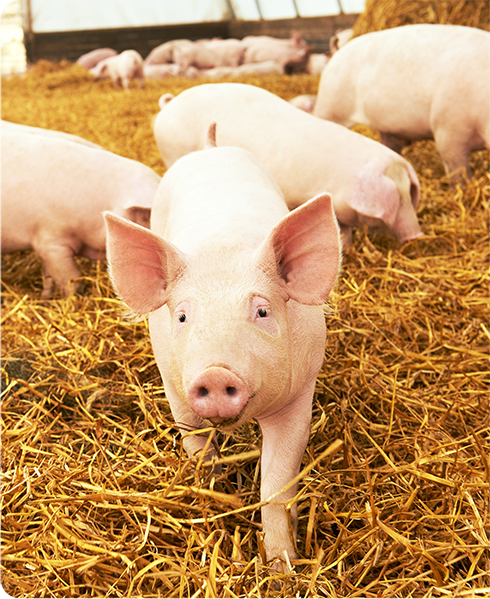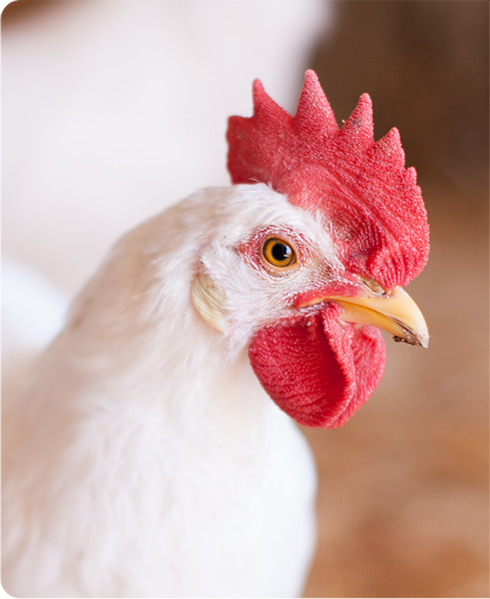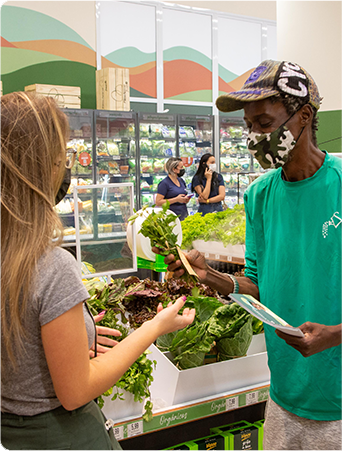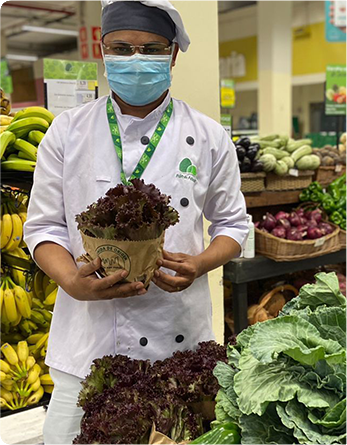Our value chain is as complex as it is diverse, comprising thousands of suppliers including farmers, food manufacturers, distribution companies, and other product and service providers.
We aim to understand every link in the chain in depth by expanding traceability and monitoring processes. This enables us to identify and mitigate potential social and environmental risks at the upstream stages of raw materials extraction and processing. We also aim to maximize positive impact, and to choose products that support a more responsible offering and consumer habits.
Our relationship with suppliers is governed by guidelines on themes such as human rights, occupational health and safety, food safety, anti-corruption practices, biodiversity protection, the environment, and animal welfare. These guideline are outlined in documents such as our Supplier Ethics Charter, Code of Ethics, and other policies. The GPA Supplier Ethics Charter is incorporated in our agreements with suppliers, and in the programs and commitments that inform our policies, processes, performance metrics and training.
